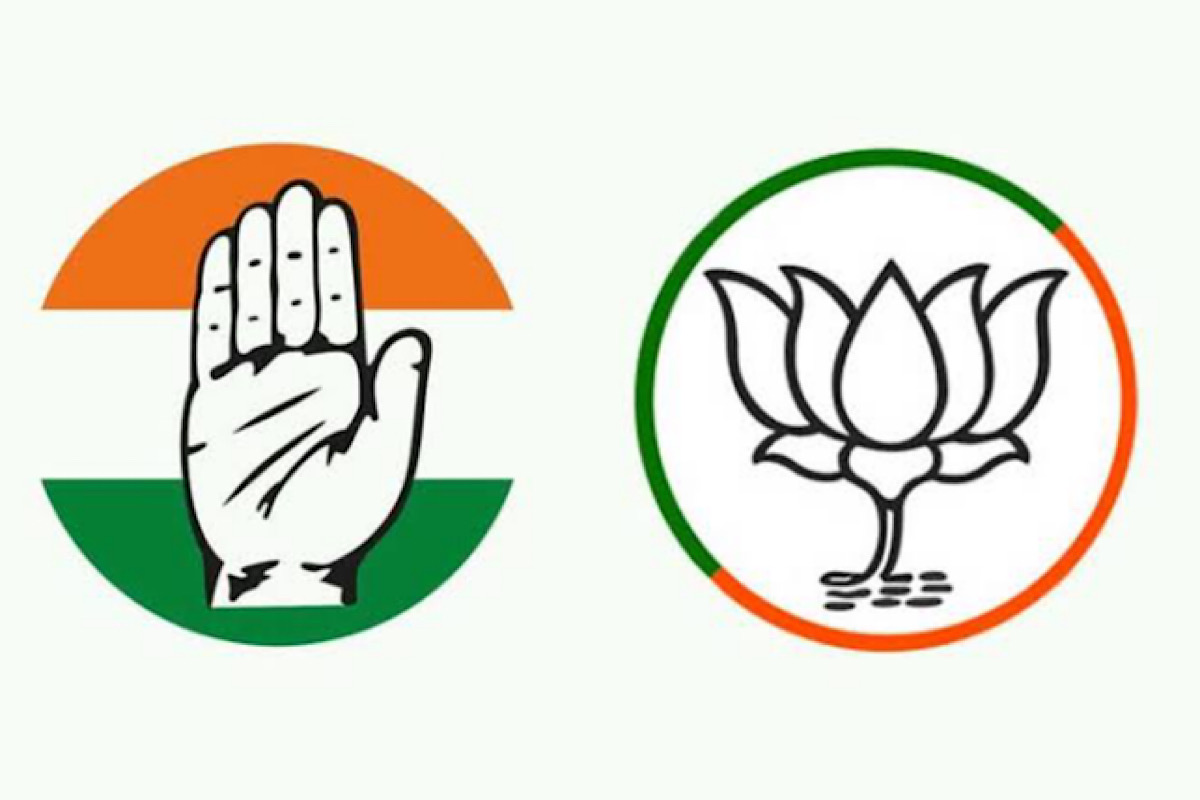The election results in the five southern states have revealed significant shifts in political dynamics, underscoring the region’s complexity and the strategic manoeuvres of major political parties. While the Congress party showed resilience by improving its seat tally, the Bharatiya Janata Party demonstrated a nuanced understanding of local politics despite facing challenges. In Karnataka, the Congress’s optimism post-assembly elections in December translated into electoral gains, but not as significantly as anticipated. The party’s reliance on its governance track record and fulfilled guarantees failed to resonate broadly, highlighting a missed opportunity in robust social engineering.
The Congress’s success in Hyderabadi Karnataka, driven by its national president Mallikarjun Kharge’s targeted caste strategy, contrasts sharply with its underperformance in other regions where it couldn’t consolidate caste-based support effectively. The Vokkaliga shift towards the NDA due to the influence of former Prime Minister and Janata Dal (S) leader H D Deve Gowda’s family and the unfulfilled aspirations of Congress leader D K Shivakumar’s leadership further exemplifies the nuanced voter behaviour in Karnataka. Telangana presented a battleground where the diminished influence of the Bharat Rashtra Samiti led to a bipolar contest between Congress and BJP. The voting pattern divergence between state and national elections highlights voters’ strategic choices, favouring BJP for national governance despite recent support for Congress in the state. This reflects a broader trend where regional loyalty can shift based on the perceived effectiveness of national leadership. Andhra Pradesh’s political landscape experienced a dramatic shift with the anti-incumbency wave against chief minister Y S Jagan Mohan Reddy’s government. The alliance of Telugu Desam Party and BJP capitalised on widespread dissatisfaction, illustrating the power of strategic partnerships. The TDP’s improved performance, attributed largely to alliances, underscores the importance of coalition politics in states with strong regional identities. Tamil Nadu remains a challenging terrain for the BJP, despite efforts to increase its vote share.
The alliances with smaller caste-based parties, while failing to yield immediate electoral victories, suggest a long-term vision. This patient, localised approach could gradually erode the dominance of Dravidian parties if maintained with consistent engagement and culturally resonant messaging. Kerala, traditionally resistant to BJP’s influence, showed a breakthrough with a seat won in Thrissur and an increased vote share. The BJP’s focused efforts on local issues and anti-incumbency sentiments against the ruling Left Front indicate potential for future gains. However, the dispersed voter base remains a significant challenge, necessitating sustained grassroots engagement. Overall, the elections underscore the importance of understanding regional complexities and voter behaviour nuances. Congress’s mixed results highlight the need for a balance between governance performance and effective social engineering. For the BJP, strategic alliances and localised campaigns are proving crucial in penetrating traditionally resistant regions. Both parties must continually adapt to the evolving political landscape, recognising that electoral success often requires long-term groundwork and nuanced understanding of regional identities.












